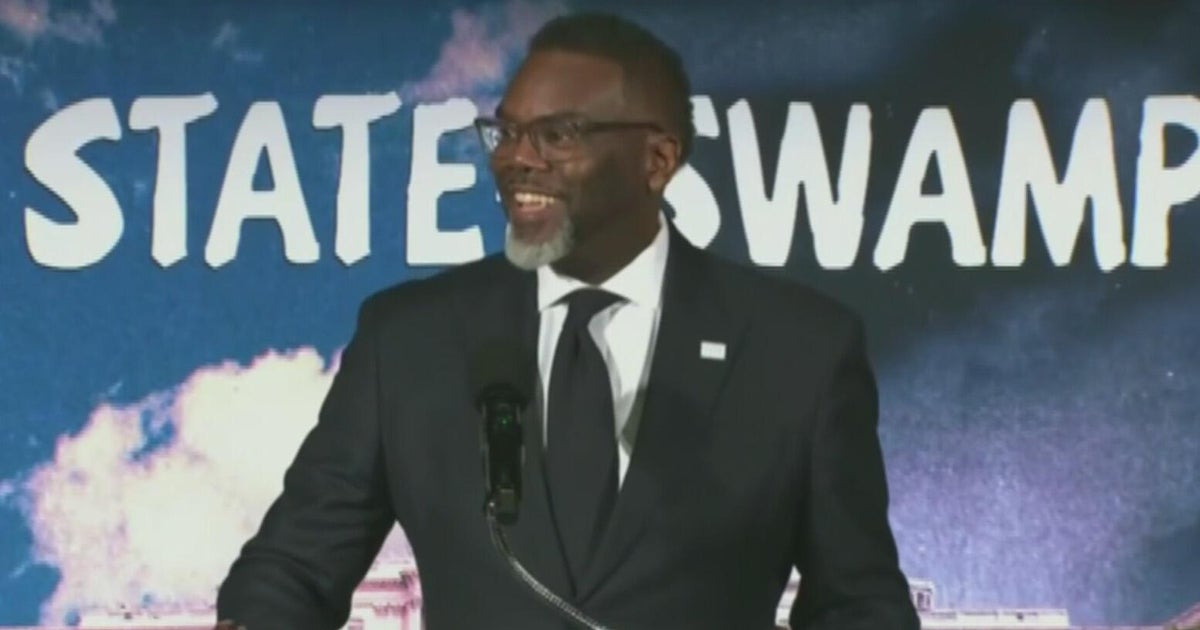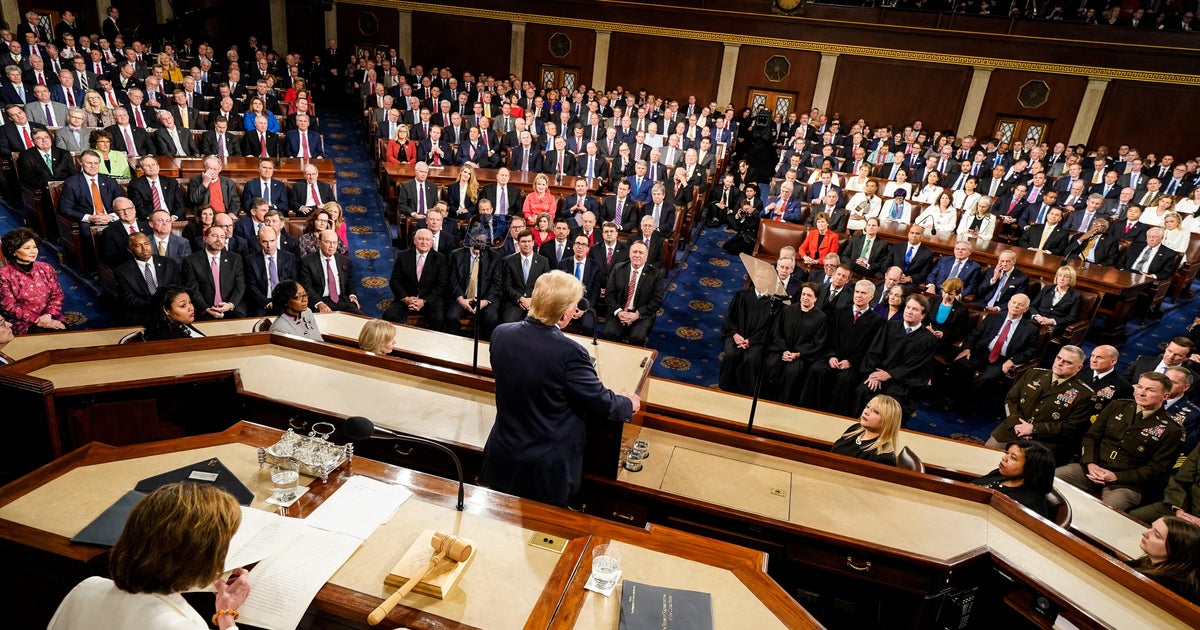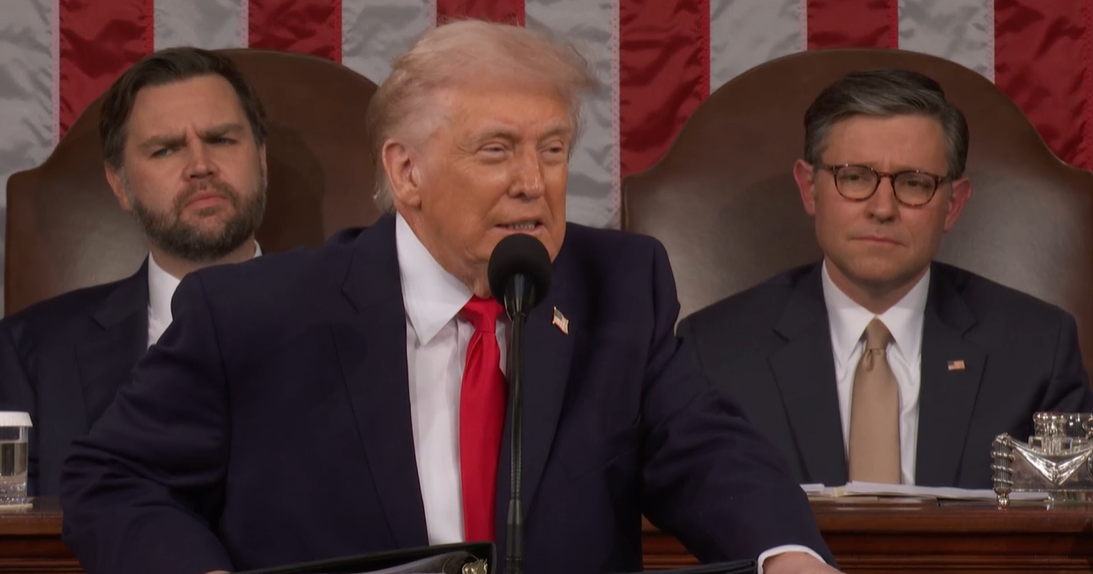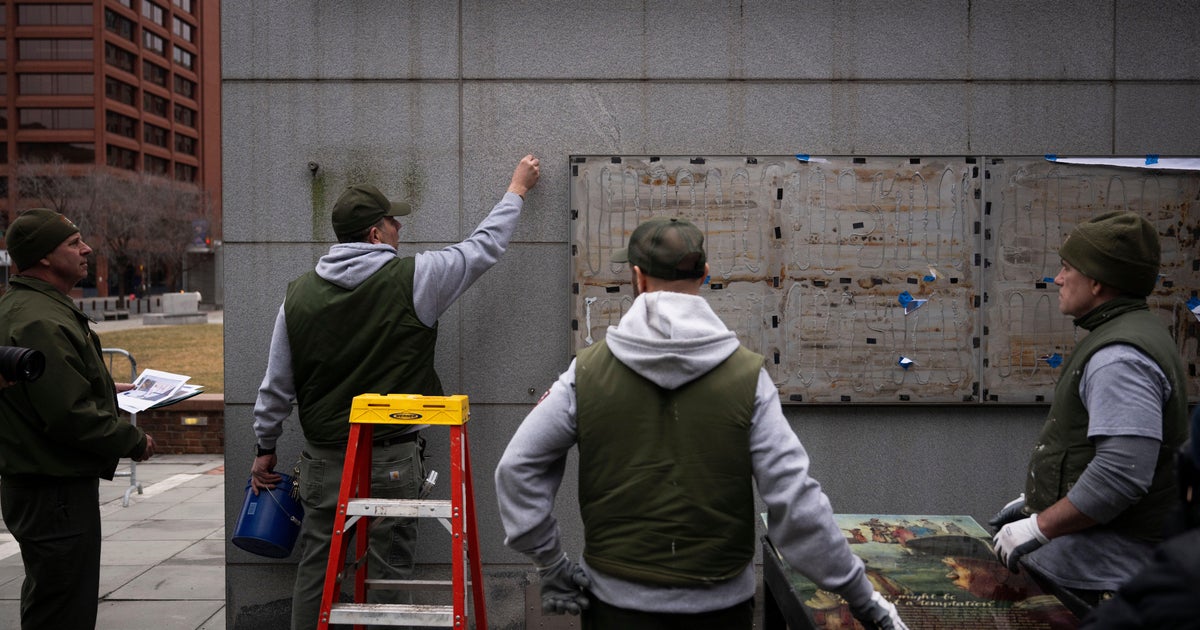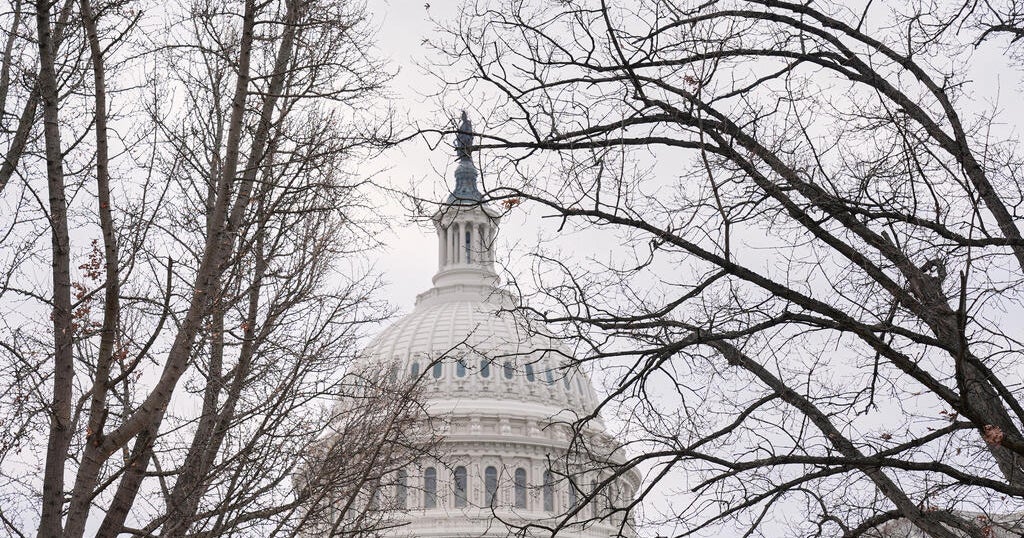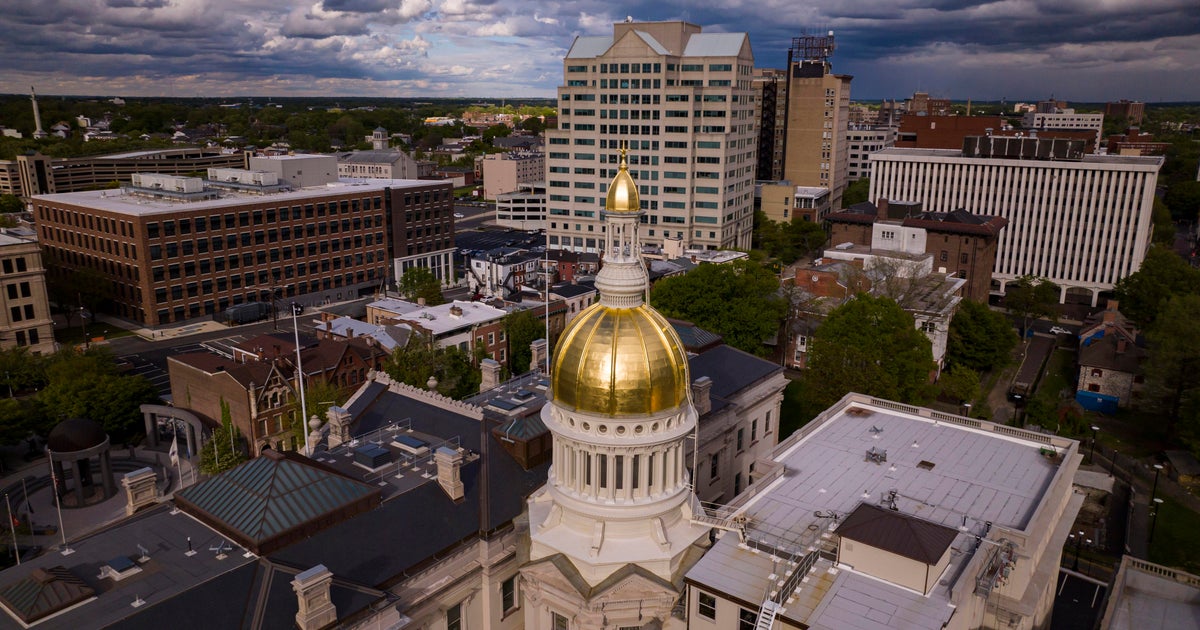Trump Urges Supporters To Vote In Wake Of Kavanaugh Hearing
WASHINGTON (AP) — President Donald Trump on Saturday turned his embattled Supreme Court nominee Brett Kavanaugh into a rallying cry for Republicans to vote in November, saying they can help reject the "ruthless and outrageous tactics" he says Democrats used against the judge.
"We see this horrible, horrible, radical group of Democrats. You see what's happening right now," Trump said at a rally with thousands of supporters in West Virginia. Trump won the state in 2016 by 42 percentage points and remains popular there.
"And they're determined to take back power by any means necessary. You see the meanness, the nastiness. They don't care who they hurt, who they have to run over to get power," he said.
"We're not going to give it to them," Trump said.
Kavanaugh, the federal appeals judge Trump nominated to the nation's highest court, appeared headed for confirmation until California professor Christine Blasey Ford accused him of sexually assaulting her when they were teenagers in Maryland in the 1980s. Kavanaugh denied her accusations and those of two other women since have accused him of sexual misconduct.
Ford initially made her claims in a confidential letter to Sen. Dianne Feinstein, D-Calif., the ranking member of the Senate Judiciary Committee. But the letter was leaked after Kavanaugh's initial confirmation hearing before the committee and Ford then told her explosive story to The a Washington Post.
Feinstein denied being the source, but Trump blamed her for the leak and mocked her at the rally, telling supporters to remember her answer when she was asked about the leak.
"The entire nation has witnessed the shameless conduct of the Democrat Party," Trump said.
He issued a fresh defense of Kavanaugh, calling him "one of the most accomplished legal minds of our time" and saying he had suffered "the meanness, the anger" of Democrats.
The president urged his supporters to go to the polls on Nov. 6, when control of Congress is at stake, and vote Republican and "reject the ruthless and outrageous tactics of the Democrat Party."
Trump appeared in Wheeling a day after he reversed course and ordered a new FBI investigation of Kavanaugh. Democrats and some Republicans had been asking for the new investigation, which will delay by at least a week a Senate vote on his confirmation.
In a dramatic appearance Thursday before the Senate Judiciary Committee, Ford publicly accused Kavanaugh of groping her and trying to remove her clothing after he pinned her to a bed at a house party when she was 15 and he was 17. Following her, Kavanaugh denied the allegations and angrily defended himself.
The panel followed up Friday by voting 11-10, along strict party lines, to recommend that the full Senate confirm Kavanaugh for the Supreme Court. But one committee member, Sen. Jeff Flake, R-Ariz., balked at voting for confirmation without the investigation. Republican leaders want Kavanaugh seated on the court before the Nov. 6 election and could do little but agree to Flake's demand.
Flake asked for the investigation to be limited in scope and last no more than a week.
Trump agreed to an investigation after he had vigorously resisted asking the FBI — an agency he has repeatedly criticized — to look into the sexual assault and misconduct allegations. In defending Kavanaugh, Trump and other supporters noted that the allegations had never surfaced in six previous background checks during Kavanaugh's long career in the executive and judicial branches of the U.S. government.
Trump's visit to West Virginia was intended to help rally support for GOP candidates in the November elections, including Senate nominee Patrick Morrisey. The Democratic incumbent, Joe Manchin, faces a tough road to re-election in a state Trump won by 42 points in 2016.
Manchin supports the new FBI probe of Kavanaugh but has yet to announce his position on the nominee. He voted for Neil Gorsuch, Trump's first nominee to the Supreme Court, and Trump would also like Manchin's vote for Kavanaugh.
Trump again criticized Manchin for supporting Democrat Hillary Clinton, Trump's rival in the 2016 presidential race, as well as for joining all Senate Democrats in voting against massive tax cuts Trump signed into law last year.
West Virginia, at least on paper, offers Trump's GOP perhaps its best Senate pickup opportunity on Nov. 6, when Republicans hope to build on their tenuous 51-49 split in the chamber. But it's unclear if the president's popularity statewide is enough to deny Manchin a second full term.
Manchin is a former governor who has held elected office in West Virginia for much of the past three decades and has crafted a personal brand that has appealed to independents and some moderate Republicans — voters he'll need this fall.
Polls also give Manchin a significant lead over Morrisey, the state attorney general. Manchin has said he'll work with Trump when it's in West Virginia's interest to do so and he'll oppose the president when it is not.
Manchin is among a handful of vulnerable Senate Democrats who represent states that Trump won, including Montana Sen. Jon Tester and Missouri Sen. Claire McCaskill, who are in stronger-than-expected positions less than six weeks before Election Day.
The red-state Democrats are particularly vulnerable on the roiling debate over Kavanaugh.
While the sexual misconduct allegations may resonate in closely contested states or suburban House districts, less-educated rural voters in states like West Virginia are more likely to side with Trump.
Saturday's rally was one of many Trump planned to headline as part of a commitment to campaign aggressively — he has said seven days a week, if necessary — to help the Republican Party overcome significant Democratic opposition and anger and keep control of both houses of Congress.
Campaign rallies were scheduled next week in Tennessee, Mississippi and Kansas.
(© Copyright 2018 The Associated Press. All Rights Reserved. This material may not be published, broadcast, rewritten or redistributed.)
